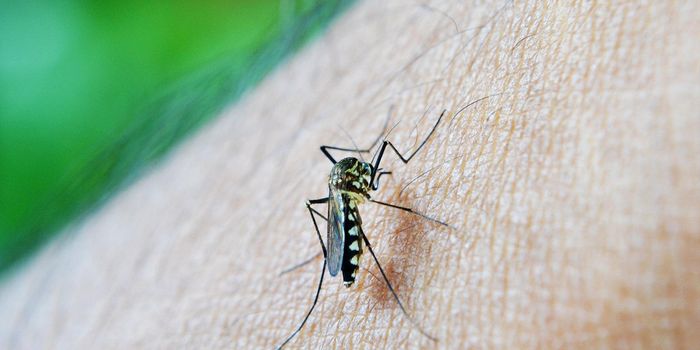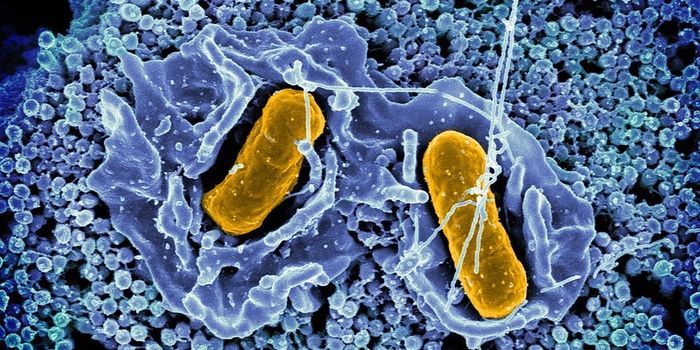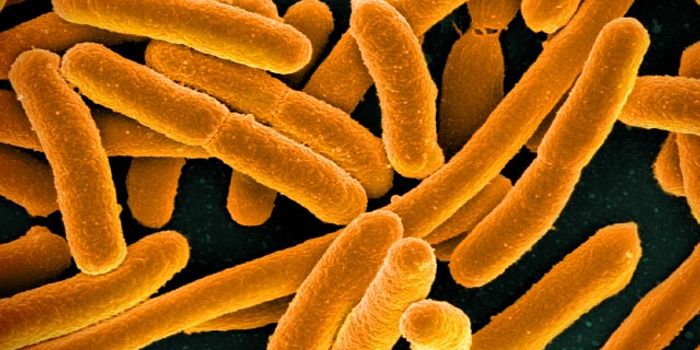Gut Microbes Can Modify Immune Cells & Boost Arthritis
Millions of people around the world have an autoimmune disorder known as rheumatoid arthritis (RA), which can cause serious joint pain, swelling, and damage, among other symptoms. The disease is thought to arise when the immune system erroneously attacks the body's tissues, but the triggers and mechanisms underlying the disease are not known. Some research has suggested that problems with the community of microbes in the gastrointestinal tract - the gut microbiome could be related to RA.
Scientists have now found that some beneficial microbes in the human gut are associated with rheumatoid arthritis and possibly other autoimmune diseases too. The findings have been reported in Nature Immunology.
Researchers determined about a decade ago that certain normal parts of the gut microbiome, so-called commensal bacteria, are related to the proliferation of a T cell in the gut that promotes autoimmune disease in a mouse model. Scientists wanted to know more about this link. These T cells are known as TFH cells, and while they originate in the gut, they move into the body and seem to trigger autoimmunity.
It seems that certain gut bacteria can alter a T cell type called TH17, reprogramming them so they behave more like TFH cells. But these are not normal TFH cells. When gut microbes modify TH17 to make TFH cells, these TH17-derived TFH cells can move around a lot, and behave differently, releasing different molecules and having different interactions with other cell types.
These reprogrammed cells are "super powerful and potent," which is a serious problem if you have an autoimmune disorder, noted senior study author Hsin-Jung Joyce Wu, a professor of at The Ohio State University College of Medicine. "This is really the first time it's been shown that T cell plasticity, which typically occurs in the gut, can have this dramatic impact outside the gut with systemic impact on autoimmune disease."
While this work was performed in mice, the researchers are confident that the process is related to humans as well, since many of these same cells types exist in both mice and people, including RA patients.
These abnormal, TH17-derived TFH cells are also found in RA patients, and higher levels of those cells have been associated with more severe symptoms.
Normally, TFH cells don't move around, but these T17-derived TFH cells are migratory. Their migration also triggers the production of a protein that stimulates inflammation, called IL-17. When the researchers fluorescently tagged the cells in a mouse model of arthritis, they could see the cells move into the body. This mobility probably also boosts the activity of another type of immune cell called B cells, which may also worsen RA symptoms.
"We are hoping to improve patients' health and life. For the future, as TFH17 cells can be found in other types of autoimmune patients, such as lupus patients, if we can determine that these abnormal TFH cells are a potential target not just for RA, but across autoimmune diseases, that would be very useful," added Wu.
Sources: The Ohio State University, Nature Immunology









